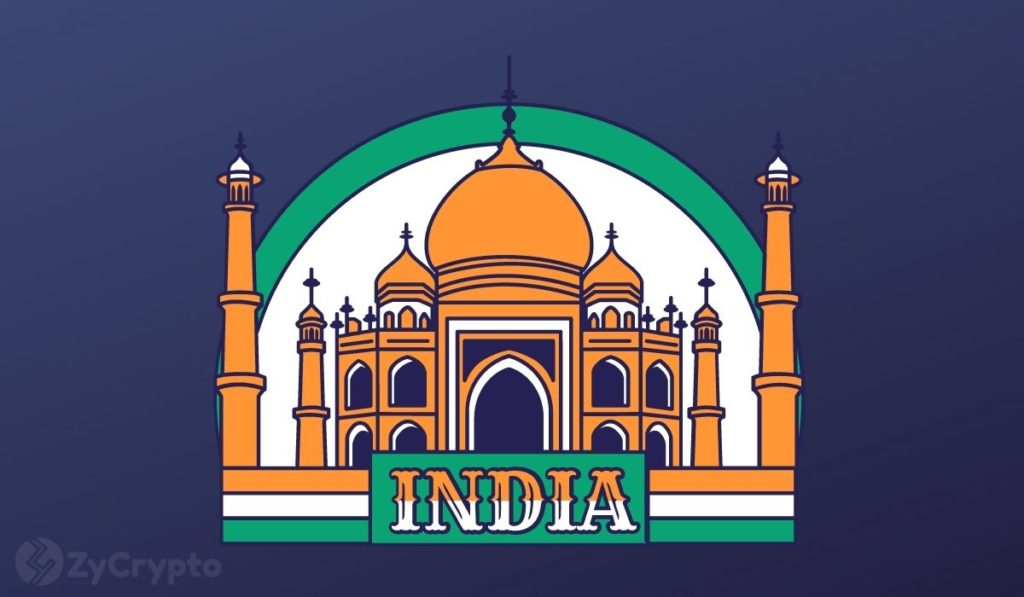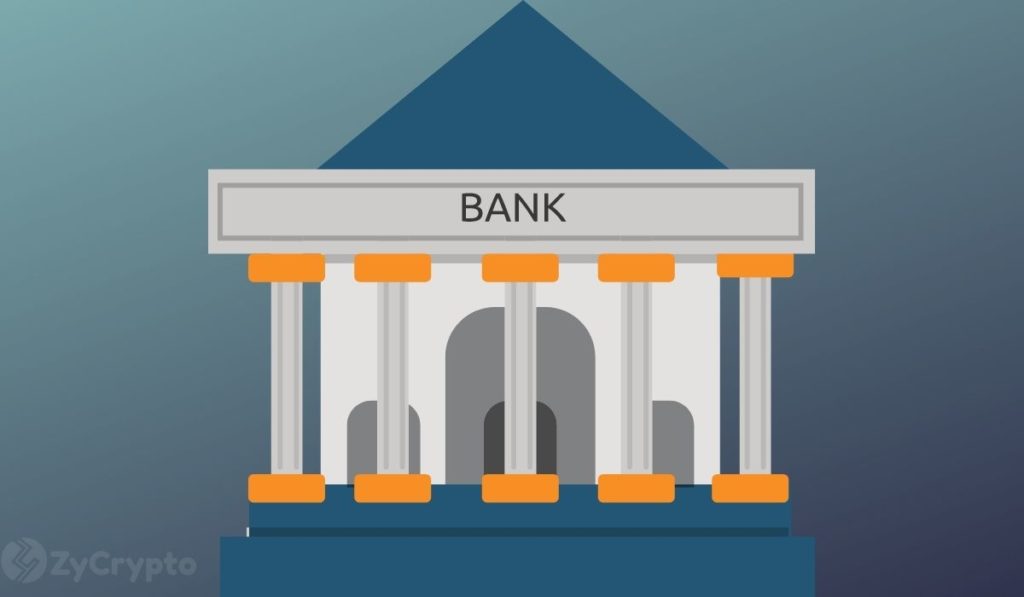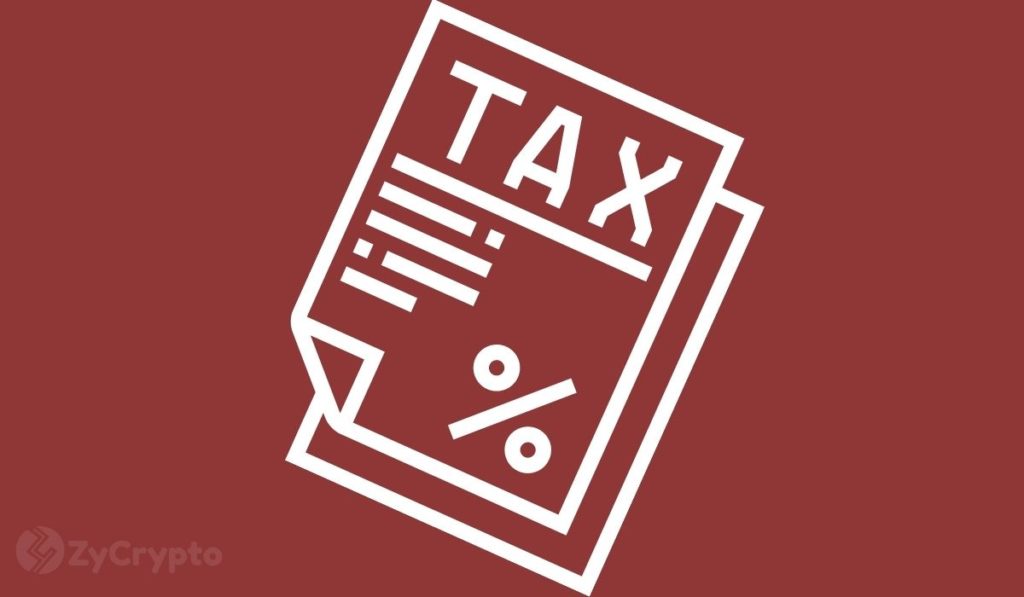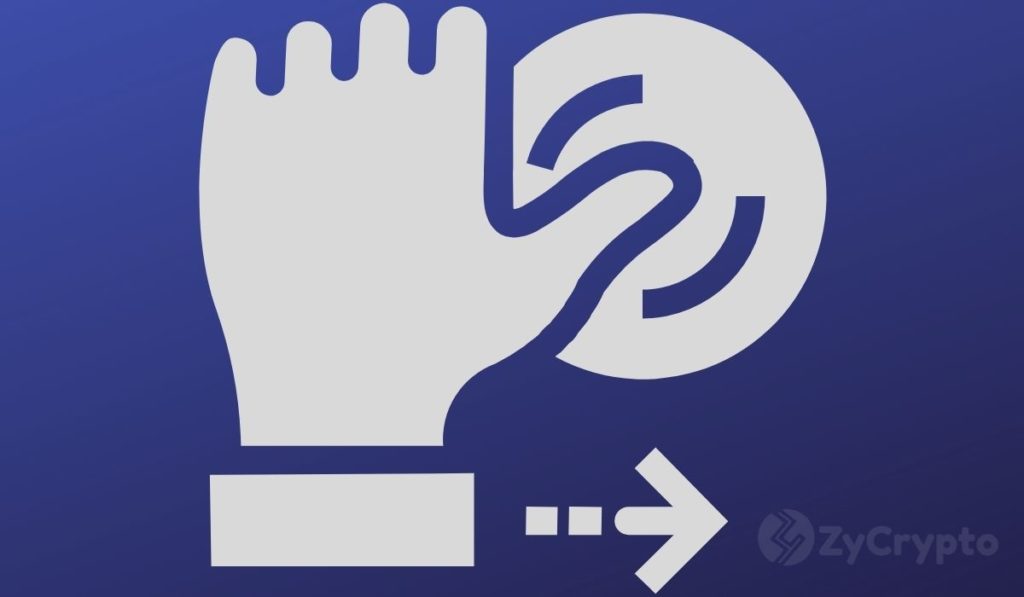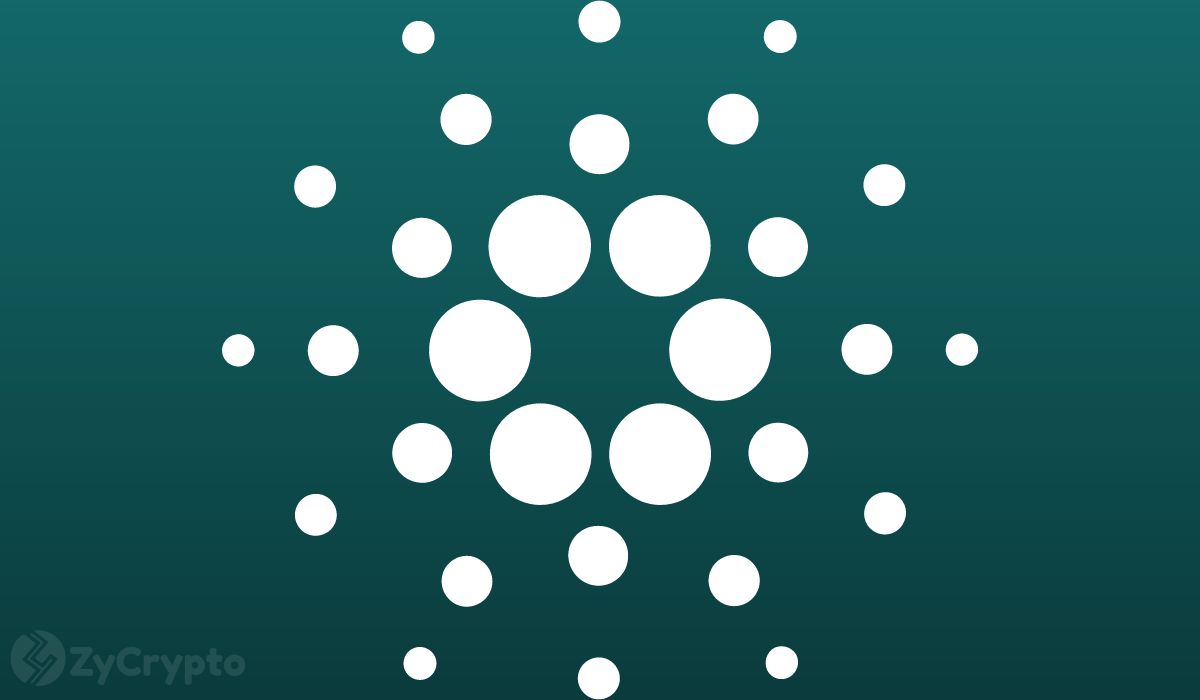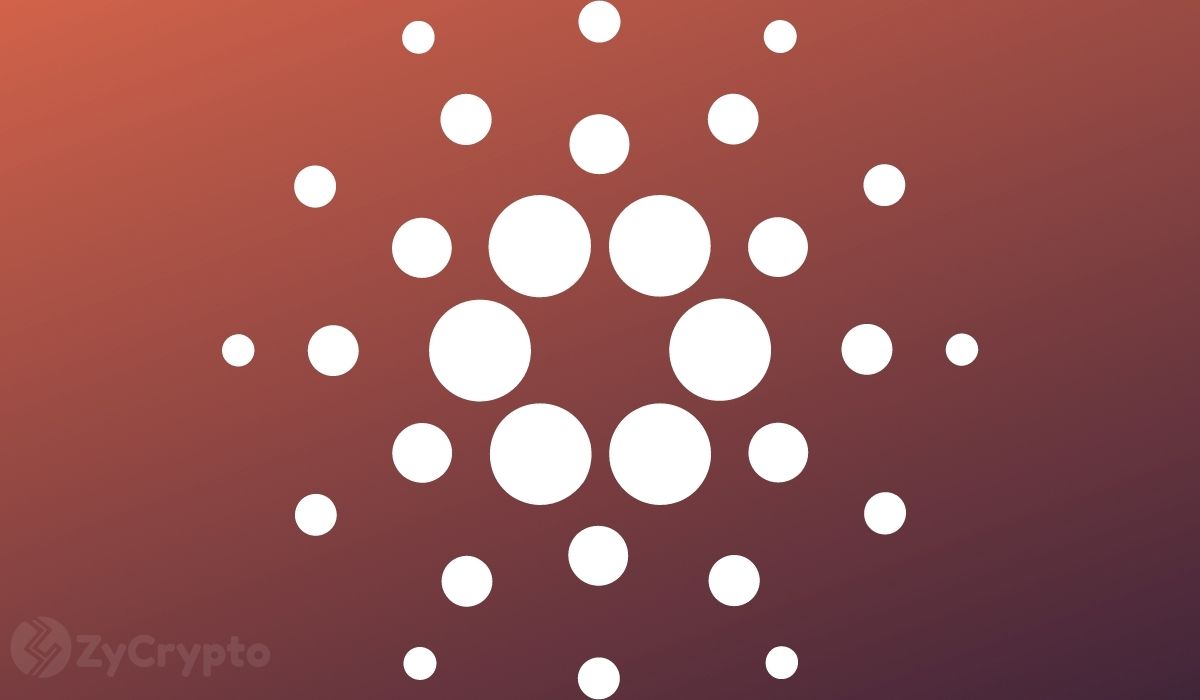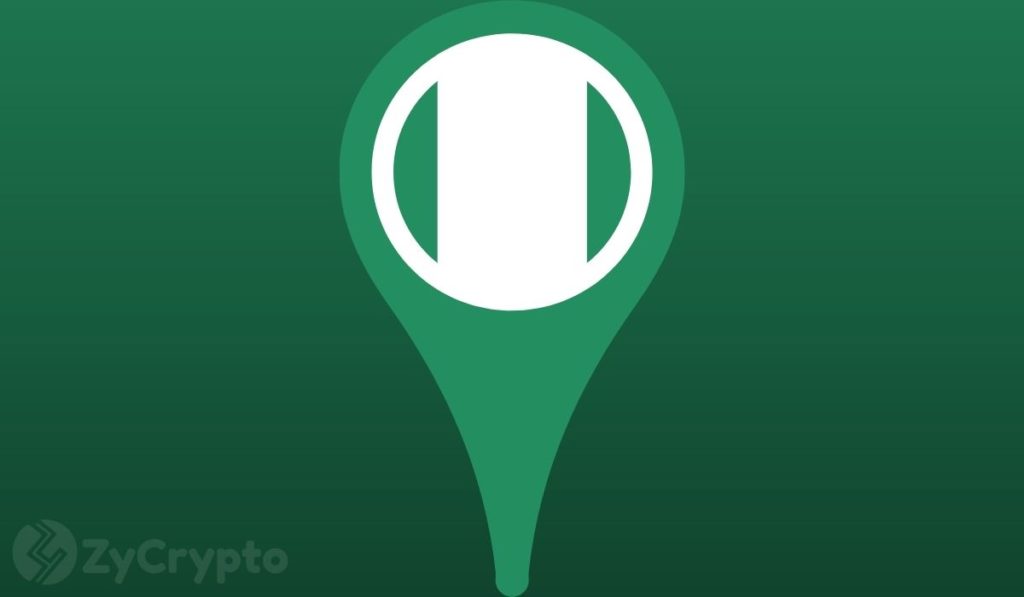
2022-5-24 00:49 |
The Securities Exchange Commission (SEC) of Nigeria has put out new rules that seek to regulate digital assets in the country, signaling the full acceptance of crypto assets in Africa’s most populous nation.
The rules, which are contained in a 54-page document are seen as creating a compromise between an outright ban on digital assets and the unregulated nature of those assets in the country.
The document sets out the requirements for the registration of Bitcoin and digital asset providers while specifically stating that digital assets are securities regulated by the SEC. Entities looking to offer digital asset services in Nigeria will have to disclose various documents such as the project’s white paper as well as pay registration fees to secure a virtual asset service provider (VASP) license.
The rules also place tough requirements on Digital Assets Offering Platforms (DAOPs) that seek to protect investors. DAOPs should have strong KYC procedures, disaster recovery plans, risk management, and strong security features. In addition, applicants must employ tight anti-money laundering rules and commit to combatting the financing of terrorism.
The rules come 20 months after the commission issued another statement that sought to classify and spell out the treatment of digital assets. In the statement, SEC had stated that “virtual crypto assets are securities unless proven otherwise,” promising to come up with a regulatory framework for the sector.
SEC’s position is also in stark contrast to that of the Central Bank of Nigeria (CBN) which banned banks from issuing crypto services in 2020, sapping liquidity out of Nigeria and stifling the adoption and growth of the digital asset space in the country. Since banning the trade, banks and major financial institutions have taken a step back fearing the looming threats of hefty fines and cancellation of business permits. Last month, the CBN imposed a $1.9 million penalty on three domestic banks for facilitating crypto transactions.
Requirements in the SEC rules such as token issuance platforms and exchanges to maintain trust accounts with their respective banks could thus ease CBN’s crypto bearing.
That said, despite the government’s partial clampdown on digital assets, Nigeria’s young, tech-savvy population has continued to adopt cryptocurrencies, which has especially been fueled by the emergence of peer-to-peer (P2P) transactions. According to an April report by KuCoin, about 33.4 million Nigerians, which accounts for 35% of the population aged between 18-60 currently use or have owned cryptocurrencies, with 70% of that group saying that they plan on adding more cryptos to their portfolios.
origin »Bitcoin price in Telegram @btc_price_every_hour
Decentralize Currency Assets (DCA) на Currencies.ru
|
|




